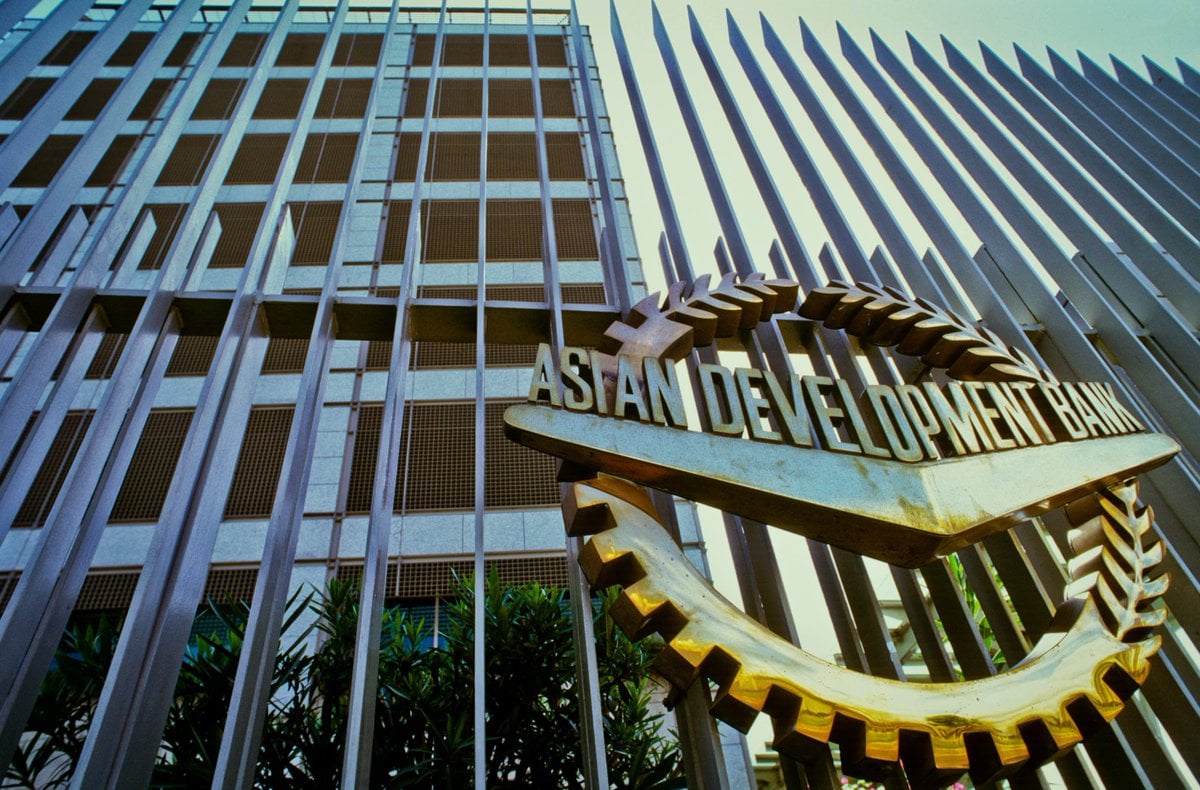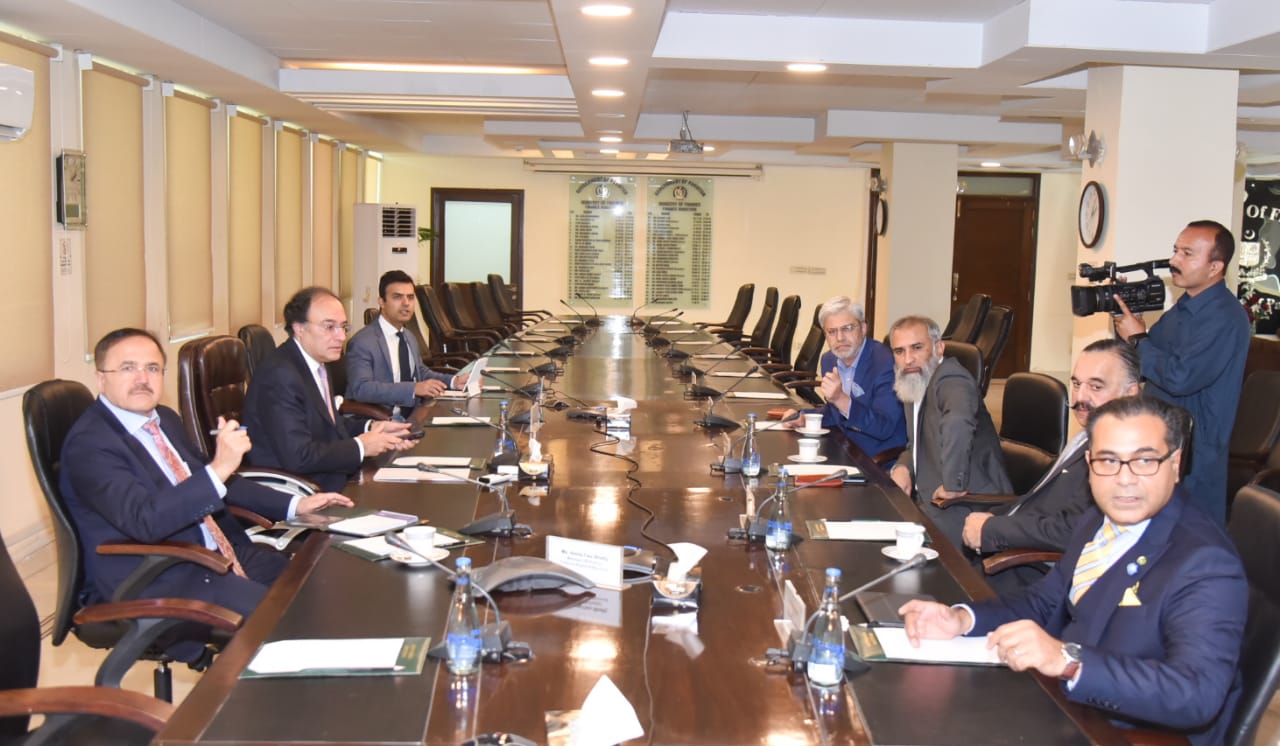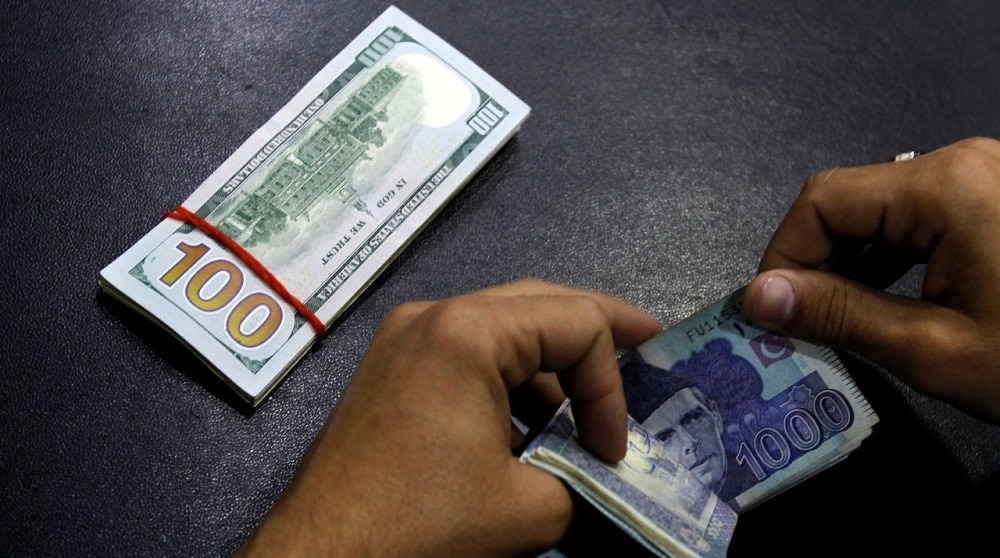PTBP Web Desk
The Asian Development Bank (ADB) has approved an additional $330 million in financing to bolster Pakistan’s federally administered social protection initiatives.
This funding is part of the ongoing Integrated Social Protection Development Program (ISPDP), aiming to expand grassroots-level support for poverty alleviation, particularly benefiting women and their families.
According to an ADB statement, the result-based loan under the ISPDP will focus on enhancing institutional capacity and transitioning Pakistan’s social protection mechanisms towards adaptive and climate-resilient frameworks. A key emphasis will be on improving access to education pathways for children and youth from impoverished families and increasing health services and nutrition supplies for those in disaster-prone regions.
ADB Director General for Central and West Asia, Yevgeniy Zhukov, highlighted the program’s importance, stating, “This programme strengthens Pakistan’s effort to improve human capital development and reduce intergenerational poverty, especially for women disproportionately affected during difficult economic situations.” Zhukov also noted that the additional financing would enhance the government’s capacity to support the poorest and most vulnerable segments of society.
The Integrated Social Protection Development Program, initially approved in December 2021, has achieved significant milestones. The program’s financial structure includes a $600 million loan from ADB’s ordinary capital resources, a $3 million grant from the Asian Development Fund, and a $24.48 million co-financing grant from the Education Above All Foundation.
ADB’s Country Director for Pakistan, Emma Fan, praised the program’s performance, noting its impact on increasing educational access for children and adolescents from low-income families. She remarked, “The program is performing well. It has helped improve access to health services and nutrition supplies for women and adolescent girls. Significant progress has also been made in enhancing the financial management, procurement practices, internal controls, and information management systems of the Benazir Income Support Programme (BISP), which implements cash transfer initiatives.”
The ISPDP’s focus on climate resilience includes targeted interventions for disaster-prone areas. Beneficiaries in these regions will gain improved access to vital services, ensuring a robust safety net during environmental crises. The program’s goal is to alleviate poverty while fostering long-term sustainability and resilience in Pakistan’s social protection systems.
In a parallel development, the ADB has approved a $200 million loan to modernize Pakistan’s power distribution infrastructure. This funding aims to improve the operational capacity of distribution companies, ensuring reliable electricity delivery. Modernizing the power sector is expected to support economic growth and enhance energy efficiency across the country.
The program’s success reflects the ADB’s commitment to improving institutional frameworks. The enhanced capacity of BISP, a cornerstone of Pakistan’s social protection strategy, is a testament to these efforts. The integration of advanced financial management and procurement practices positions BISP to address emerging challenges effectively.
The ADB’s multi-faceted approach combines financial aid, policy reforms, and capacity building to create a sustainable impact. By addressing education, health, and climate resilience, the ISPDP contributes to breaking the cycle of poverty and fostering economic inclusion.




